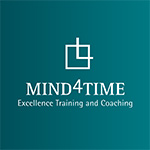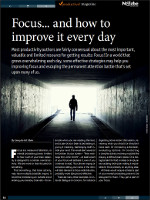Whether as a consequence of unavoidable interruptions or conscious multitasking (auto-interruptions), focus shift may have significant costs in terms of energy and time to recover the previous focus state. There are also other subtle productivity threats associated with an over-interrupted working context.
Interruptions and focus shiftLet's review briefly a typical interruption process...
Imagine you are working on an important report involving a complex Excel sheet. Lots of numbers and calculations. Things are progressing well, but all of a sudden someone bursts into the office with an "emergency". Your brain uploads the new issue information and its cognitive resources (memory, experienced patterns, etc), getting ready to deal with that part of the world, even if just to make a quick decision about it. Suppose you handle the emergency decently and now it's time to get back to the Excel. This means unloading what came up (though eventually some unsolved part of it may still be hanging around to haunt you), then uploading the previous mental state and all its corresponding resources: from simple stuff like which cell you were working on, to complex decision processes and computations that were being handled the instance before the interruption. "Where was I?..." - you need time to dive in again. It's a bit like turning your "mental pc" off and then on again each time you want to switch the window you are working on. The deeper the previous state, the slower we take to recover it, and the more of a mental effort is involved.
Particularly if your job involves regular decision processes, or creative work, this reload effort can get really inefficient. Even if you are good at it (or think you are), it's just sub-optimal...
Further damage - depth limitation
Frequent interruptions may ultimately set a limit for your "focus-depth". This means that some of your most complex-time-demanding-proactive-valuable activities may just not have a chance. It's like if you were pushing a big stone up a hill, and each interruption makes you drop it, only to see it roll back to where you started. It's just an inglorious waste of time and mental energy. Some people even feel they can only work efficiently after hours, when the office is quite... they actually wait until they're past work-time to address the really important work... kind of a paradox, right?
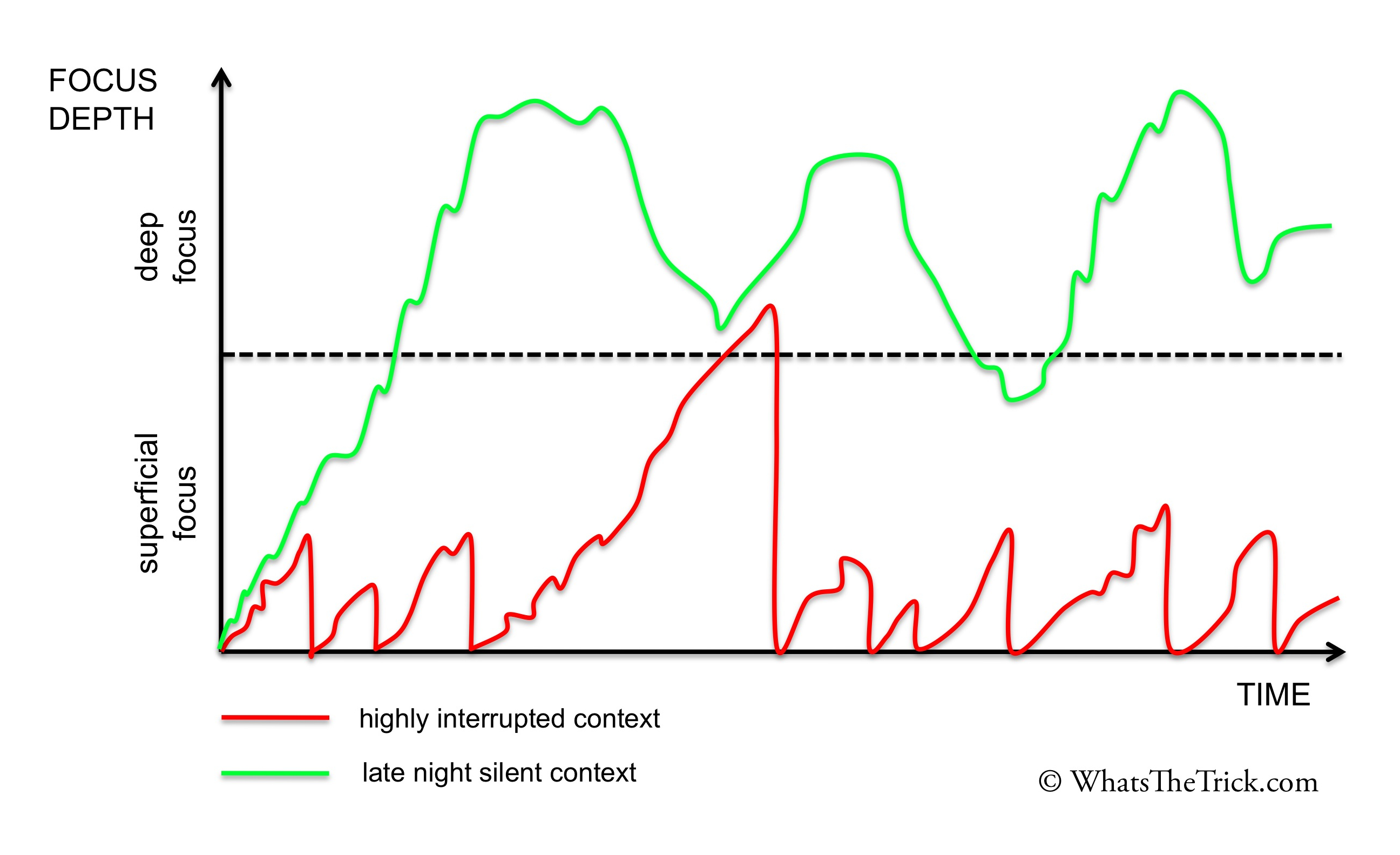
Superficial focus may be suitable for: quick assessments, low complexity decisions, friendliness, responsiveness and availability for other people, simple operational execution (paper work, simple calls and emails, ...)
Deep focus is typically need for: high-level productivity, creative work, conclusive power, complex cognitive processing, difficult/valuable decision making, high performance execution (sports, music, ...)
There is no right or wrong. Just make sure you are the one to chose (and get) the kind of focus suitable for what you've decided to accomplish (proactive). The reverse would be your context dictating the kind of focus you can have, thus limiting the options of what you can accomplish (reactive).
Even further damage - completeness frustration as a pattern
There's another more subtle and eventually overlooked effect. Being conclusive is important for us. It's like we win if we complete something, or a well defined part of something. If you don't get this feeling of "done" with those complex stuff that you keep seeing interrupted, you'll sure want to get it somewhere else - in short-easy-responsive tasks, like replying to an easy email. It's a kind of "completeness-thirst". You want to execute stuff, and the report is not exactly executable... it never seems to end - specially so if you keep being interrupted...
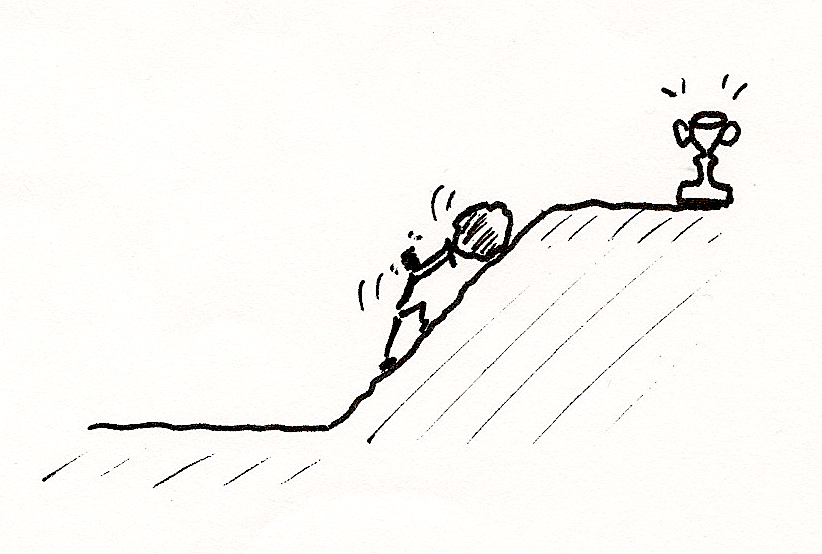
There's nothing attractive in pushing a stone up hill and let it slip back before reaching the top. In an over-interrupted environment, a part of you may recognize the frustration pattern associated with inconclusive effort wasted in complex issues. The risk of that pattern arousal, is that it enhances the already existing unconscious resistance towards those kind of difficult tasks. It's like they get perceived as even more difficult to accomplish. A part of you doesn't really believe you'll succeed. You may then see pristinely ordered priority systems "misteriously" disrespected without really understanding why... consider building the habit of a "tunnel - mode"! (see the Trick)
Protective context vs discipline
Many times, shifting focus is not a conscious option. For example, if you unwisely haven't yet switched off e-mail alerts, getting a "new message from Mr. Smith" in the bottom of your screen will trigger a part of your brain (whether you like it or not!) to start a specific thread to address that new input. It's designed to do that: detect, address and give meaning to new inputs (could it be important? urgent? could it be dangerous not to pay attention to it now?).
You are not deciding about this internal process. It just happens. And if you're thinking you should discipline yourself and your attention to avoid unfocusing all the time, think again - you'll never be able to prevent the automated mechanism!! A much more clever and effective way will be to accept it, and remove stimuli from your working context instead. Get it to be Protective! Turn off email alerts, hide in the meeting room, go home early... whatever! Just acknowledge the importance of this issue and make some changes! You are the only real expert of your own working context!
Remember: not taking care of the conditions around you is leaving your own focus management to chance...
On my next article, I'll be talking about two common intuitive traps in productivity - "busy-ness" and "responsiveness".
Until then, try a TRICK!..
Gonçalo Gil Mata
www.WhatsTheTrick.com
NOW TRY A TRICK!...
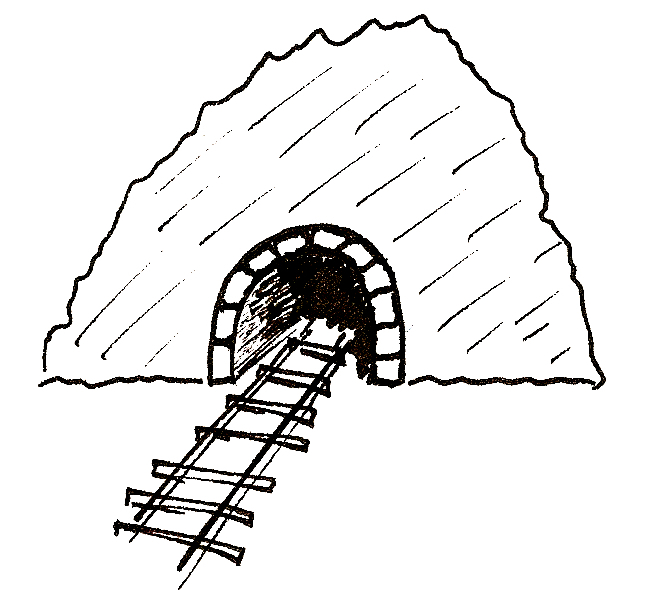
|T| Have a ...>>
see more TRICKS - vote and comment on them!

 There's nothing attractive in pushing a stone up hill and let it slip back before reaching the top. In an over-interrupted environment, a part of you may recognize the frustration pattern associated with inconclusive effort wasted in complex issues. The risk of that pattern arousal, is that it enhances the already existing unconscious resistance towards those kind of difficult tasks. It's like they get perceived as even more difficult to accomplish. A part of you doesn't really believe you'll succeed. You may then see pristinely ordered priority systems "misteriously" disrespected without really understanding why... consider building the habit of a "tunnel - mode"! (see the Trick)
There's nothing attractive in pushing a stone up hill and let it slip back before reaching the top. In an over-interrupted environment, a part of you may recognize the frustration pattern associated with inconclusive effort wasted in complex issues. The risk of that pattern arousal, is that it enhances the already existing unconscious resistance towards those kind of difficult tasks. It's like they get perceived as even more difficult to accomplish. A part of you doesn't really believe you'll succeed. You may then see pristinely ordered priority systems "misteriously" disrespected without really understanding why... consider building the habit of a "tunnel - mode"! (see the Trick)


